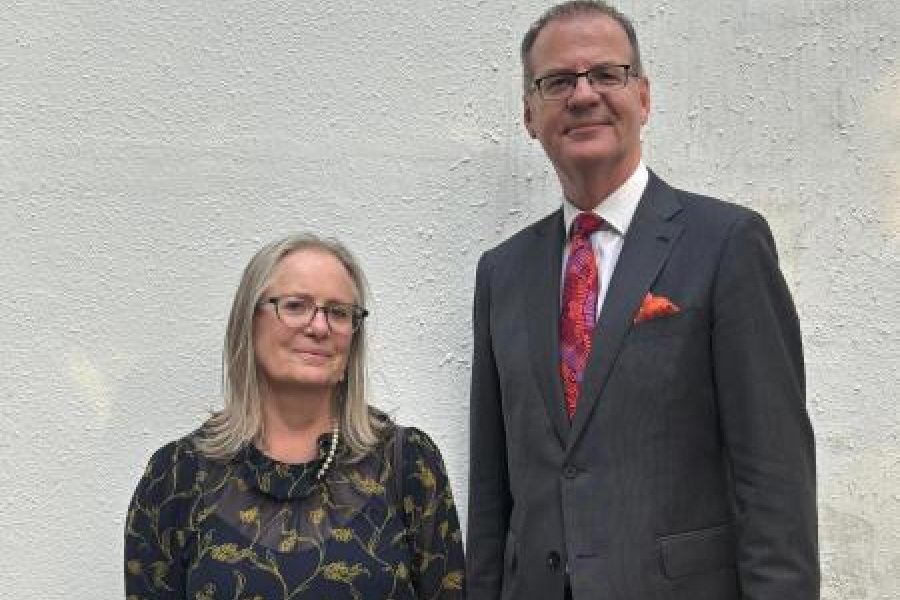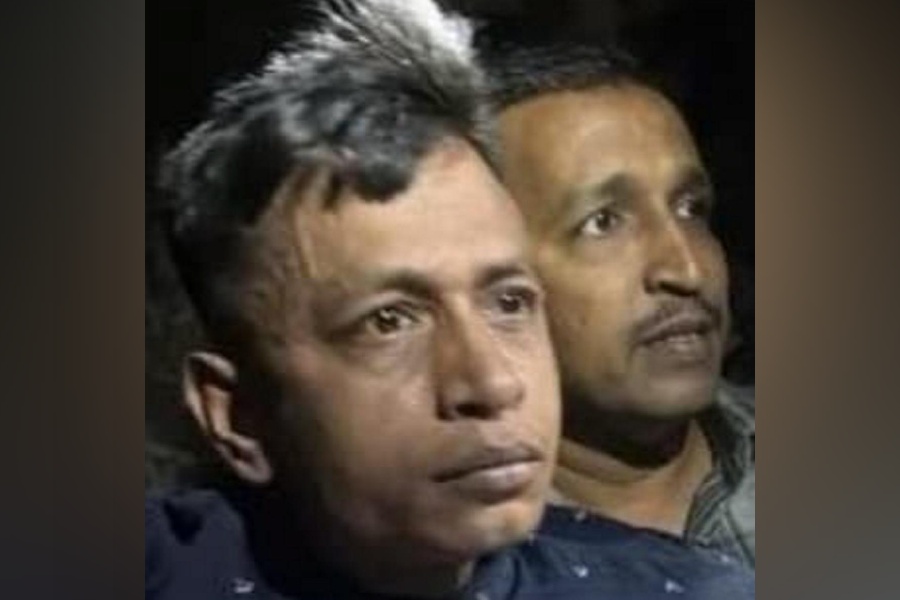A delegation from the Electoral Commission of Ireland has expressed astonishment at the extensive logistics involved in conducting elections in India, while also expressing caution regarding electronic polling methods.
Ireland had trialled electronic voting in 2002, but the initiative, along with the electronic voting machines (EVMs) used at that time — distinct from India’s EVMs and lacking a paper trail — was abandoned because of concerns about the lack of transparency and auditability.
Last year, Ireland established its own electoral commission, which has taken over poll responsibilities from the government. Senior officials have engaged with election management bodies from Australia, the UK and various European election networks.
Justice Marie Baker, the commission’s chairperson, and CEO Art O’Leary are currently visiting India. They spent two days at the Election Commission of India (EC) and the India International Institute of Democracy and Election Management in New Delhi before travelling to Mumbai.
When asked about lessons India could take from Ireland’s experience with EVMs — especially amid opposition from several political parties — O’Leary emphasised the necessity of a nationwide dialogue involving voters.
“It does need to be a national conversation. This isn’t a conversation to be had between administrators, political scientists and politicians because none of those stakeholders own democracy in any country. Democracy is owned by voters who have to be comfortable with the method of voting.
“We had a very poor experience with electronic voting 20 years ago. The people of Ireland were not ready yet to have that discussion but I am sure at some point in the future we will. When we do, it will be a national debate as opposed to a debate among people with an interest in it,” O’Leary said.











